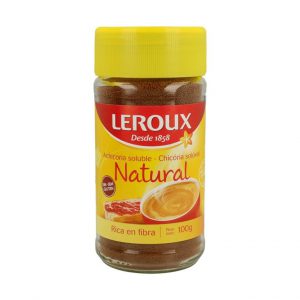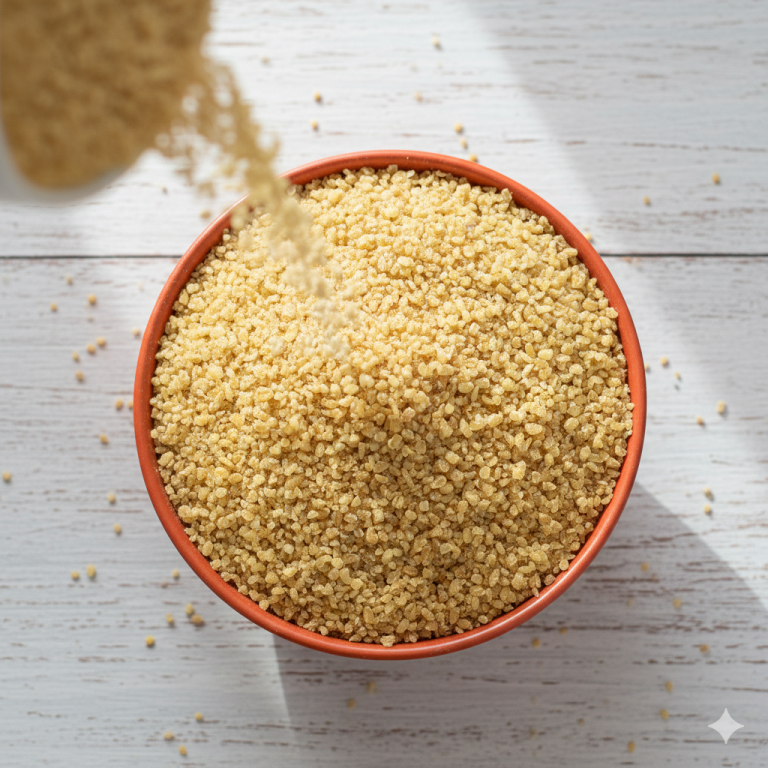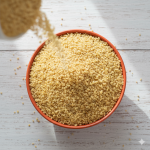Discover the properties of chicory: a nutritional treasure.

**Discovering the Wonderful Properties of Chicory: A Nutritional and Healthy Journey**
Chicory, a flowering plant in the aster family, has been valued for centuries for its culinary and medicinal benefits. Originating in Europe, this versatile plant has found its way through various cultures, gaining popularity for its unique properties. In this article, we will delve into the numerous properties of chicory, from its health benefits to its use in the kitchen, revealing why this plant deserves a prominent place in your daily diet.
What is chicory?
Chicory, scientifically known as Cichorium intybus, is an herbaceous plant in the Asteraceae family, valued for both its culinary and medicinal properties. Native to Europe, chicory has conquered various cultures over the centuries. Its bitter-tasting leaves are commonly used in salads and cooked dishes, adding a distinctive touch to cuisine. However, it is its root that has gained recognition for its versatility, being used as a coffee substitute and as an ingredient in infusions.
Chicory is known for its high content of inulin, a soluble fiber that benefits digestive health and promotes an environment conducive to healthy gut bacteria. Additionally, the plant contains antioxidants, anti-inflammatory compounds, and essential nutrients. This nutritional profile gives it properties ranging from blood sugar control to support for the immune system. With its ability to stimulate bile production, chicory also stands out for its positive influence on liver function. In summary, chicory is more than just a simple plant; it is a valuable resource that combines culinary pleasure with health benefits in a unique botanical package.

Nutritional Properties of Chicory
-
Rich in Fiber:
One of the most notable properties of chicory is its high fiber content. Inulin, a type of soluble fiber found in chicory root, is known for its prebiotic effects, nourishing healthy bacteria in the gut. This fibrous component promotes digestive health, preventing constipation, and promoting intestinal regularity.
-
Antioxidant Properties:
Chicory is a rich source of antioxidants, including compounds such as polyphenols and flavonoids. These antioxidants help combat free radicals in the body, protecting cells from oxidative damage. Regular consumption of chicory may contribute to the prevention of chronic diseases and the maintenance of optimal cellular health.
-
Reduction of Inflammation:
The presence of anti-inflammatory compounds in chicory makes it a powerful ally in the fight against inflammation. These compounds can help reduce inflammation in the body, which is beneficial for the prevention of chronic diseases such as arthritis and cardiovascular diseases.
-
Blood Sugar Control:
Inulin present in chicory has also been shown to be beneficial for those seeking to control blood sugar levels. Soluble fiber slows down the absorption of glucose, helping to maintain more stable blood sugar levels. This can be particularly useful for people with diabetes or at risk of developing type 2 diabetes.
- Support for Weight Loss:
The combination of high fiber content and the ability to control blood sugar levels makes chicory an excellent option for those seeking to lose weight. The feeling of fullness provided by fiber can help reduce appetite and maintain portion control, thereby contributing to a healthy approach to weight loss.
-
Liver Health Properties:
Chicory has traditionally been recognized for its benefits to the liver. Compounds present in the plant can stimulate bile production, thus aiding in the digestion of fats and improving liver function. This positive effect on the liver contributes to detoxification and the overall health of the hepatic system.
-
Support for the Immune System:
Antioxidants present in chicory also play a crucial role in supporting the immune system. By combating free radicals and reducing inflammation, chicory contributes to a healthier internal environment that allows the immune system to function efficiently.
-
Culinary Use:
In addition to its health benefits, chicory also has a special place in the kitchen. The tender leaves of chicory can be enjoyed raw in salads or cooked as a vegetable. Chicory root is commonly used as a coffee substitute, providing a caffeine-free alternative with a distinctive, earthy flavor.
-
Mental Health Benefits:
Some studies have suggested that chicory may have mental health benefits. It has been associated with reducing stress and anxiety, which may be attributed to its ability to modulate the gut microbiota and thereby positively affect communication between the gut and the brain.
Versatility in the Kitchen
Chicory is versatile and can be easily integrated into various recipes. From adding fresh leaves to salads to preparing comforting infusions with the root, chicory offers creative options in the kitchen that extend beyond its health benefits.
In conclusion, chicory emerges as a nutritional gem with properties ranging from digestive support to inflammation reduction and promotion of mental health. Integrating this plant into your daily diet can be a flavorful and beneficial strategy to enhance your overall well-being. Whether in a cup of caffeine-free coffee or as part of a delicious salad, chicory offers a rich and healthy culinary experience worth exploring. Consider incorporating chicory into your daily routine to make the most of its numerous health benefits and enjoy a more vibrant and balanced life.
Did you find this article helpful? Do you understand what chicory is now? If you’re passionate about the world of gastronomy, you can’t miss our mentta blog.













